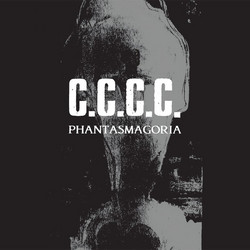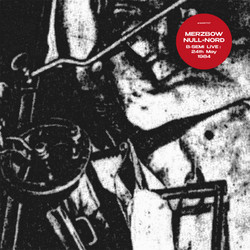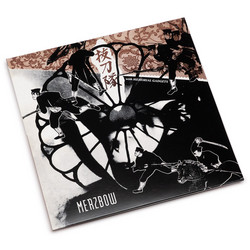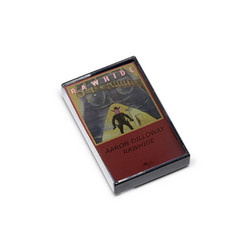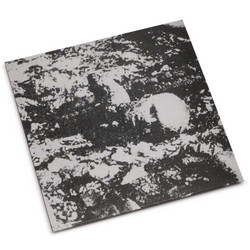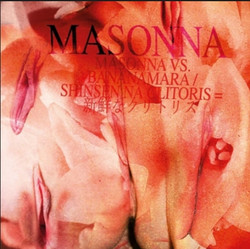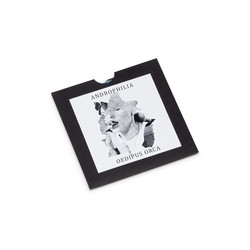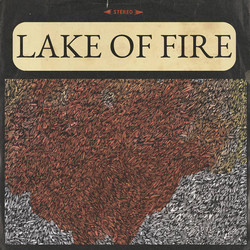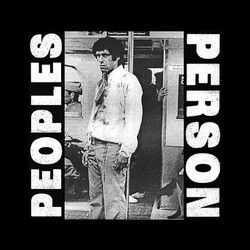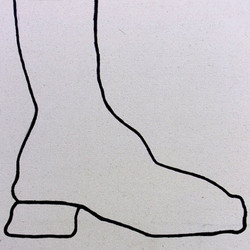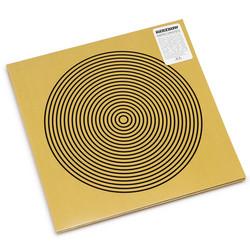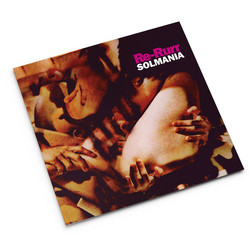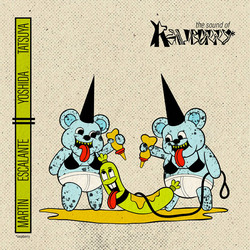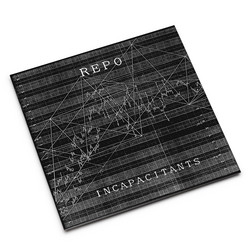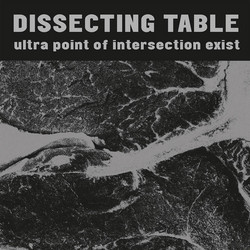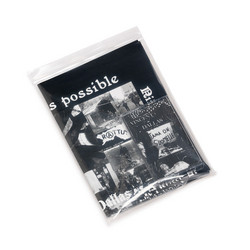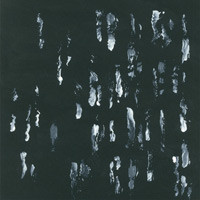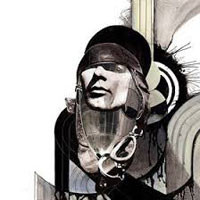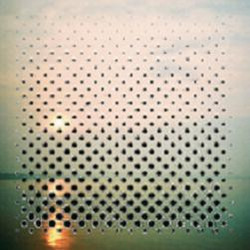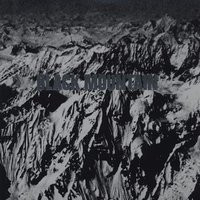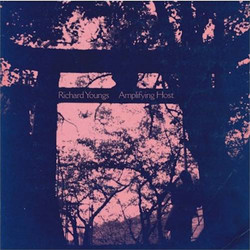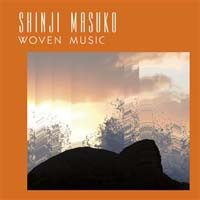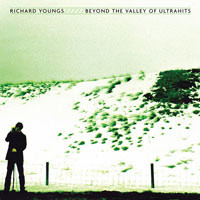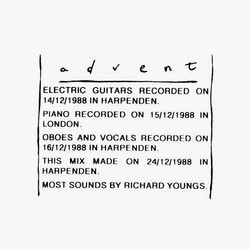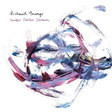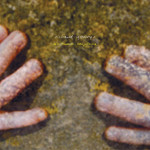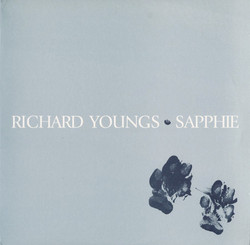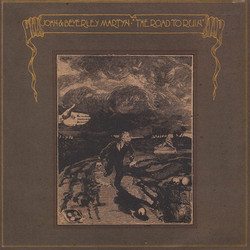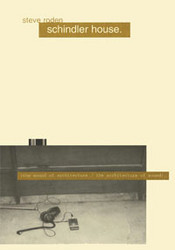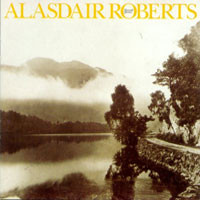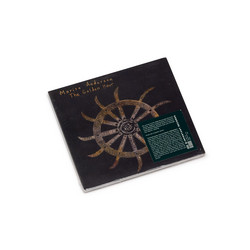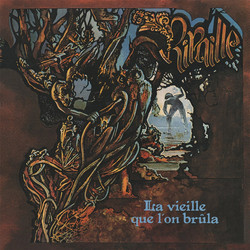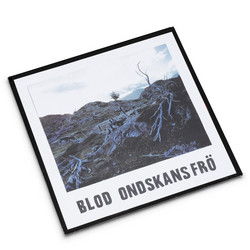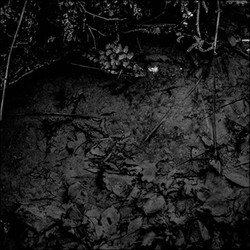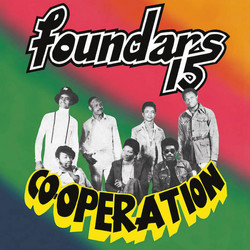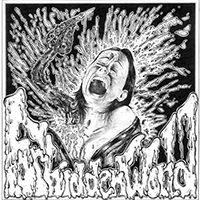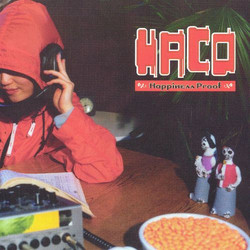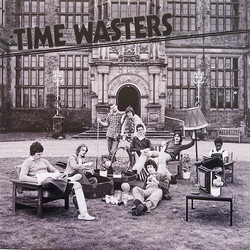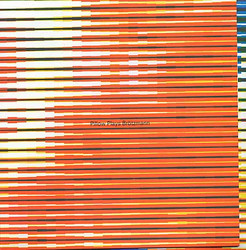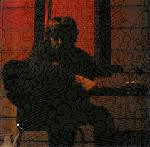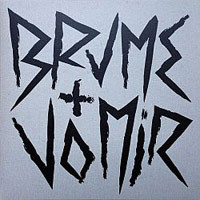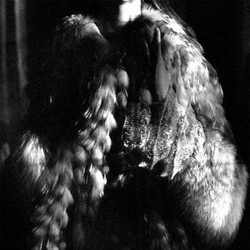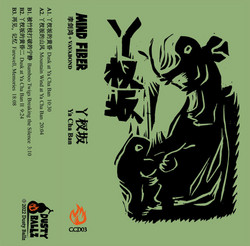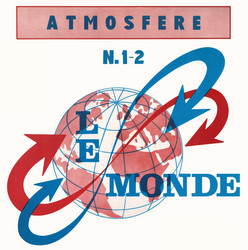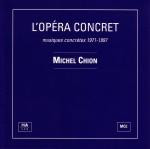Sightsings
City of Straw
On their seventh studio album, Sightings don’t make any radical breaks from their past. Instead, Richard Hoffman, Jonathan Lockie and Mark Morgan continue the slow evolution of their vision, a sort of "industrialization" of rock. On 2007’s Through the Panama, the trio achieved their best amalgamation yet. City of Straw doesn’t really up the ante, but it stays right there. These 39 minutes run the gamut from chittering electronics to punk chaos. When saying "industrial" in reference to Sightings, we’re implying bands like Throbbing Gristle and SPK. It’s easy to forget that Throbbing Gristle were in many ways a rock band, with guitars and bass, despite their assuredly confrontational sound and image. With its electronic crackling, stuttering electronic rhythm, vocal chants, and sheets of guitar distortion, opening song "Tar and Pine" could fit easily on any Gristle album. Abrasive yet atmospheric, nebulous and fraught with menace, it’s a forbidding entry. Sightings live and die by such buzzing, sprawling noise, strung to a punk rock skeleton that’s often obscured by the din. "Saccharine Traps" stumbles at the start on a barely-together drum rhythm, then explodes into splattering guitar noise as vocals yell from within. It’s a more punk-rock version of Missing Foundation’s in-your-face aesthetic, as is the terrific brain-clearing pressure of "Weehawken,” complete with seemingly revolutionary-style proclamations (not that the vocals are really decipherable). It’s this energy that keeps City of Straw moving. There’s plenty of ambient groan and abstract noise tossed around, but Sightings have become adept at striking a balance. Ironically, the title track is perhaps the least effective song; it spends too much time engaged in soundscaping rather than getting on to business. Not coincidentally it’s also the longest piece. While still effective, the song’s best moment is when it descends into silence at the end and "Saccharine Traps" blasts in, completely shattering the mood. Sightings approach the basics of rock from their own perverse angle, and their sprawling chaos remains pretty essential. Theirs is perhaps one of the best available soundtracks for our current collective miasma. ---- Mason Jones

